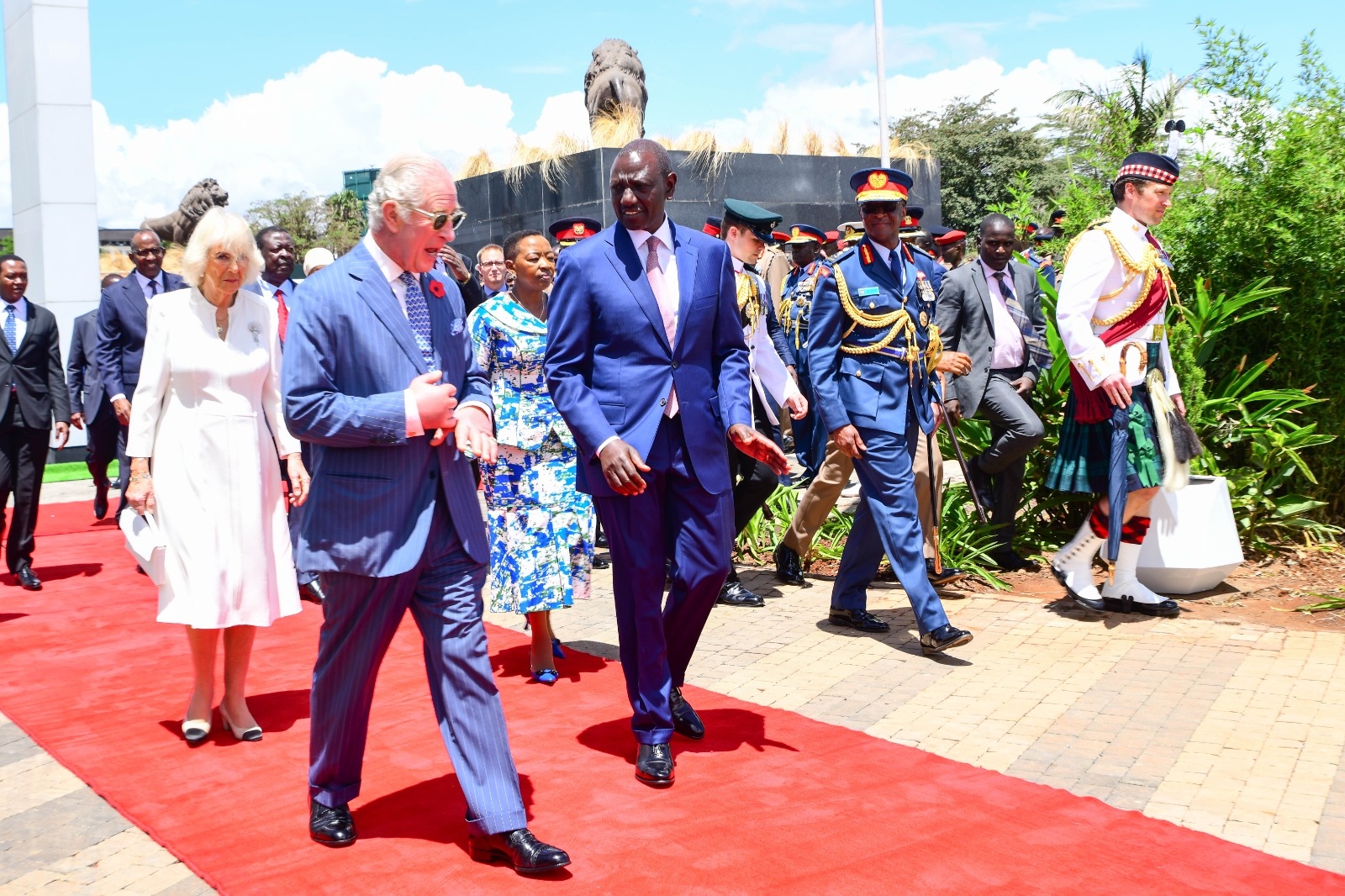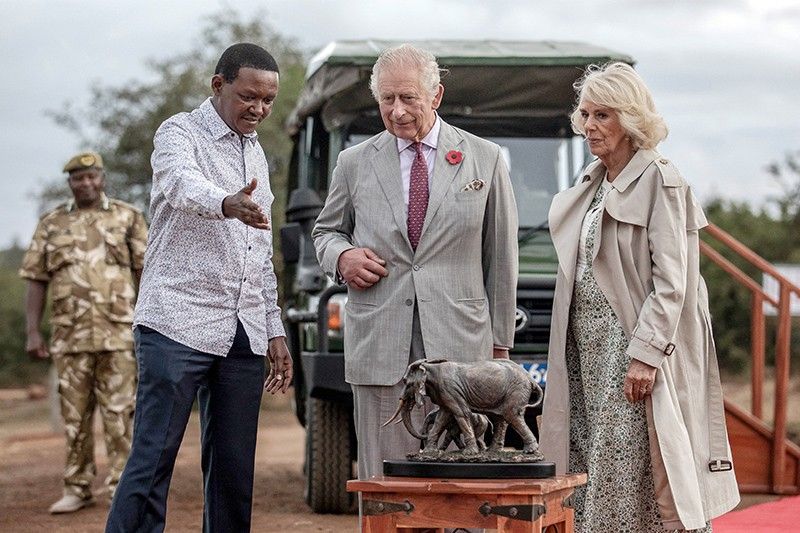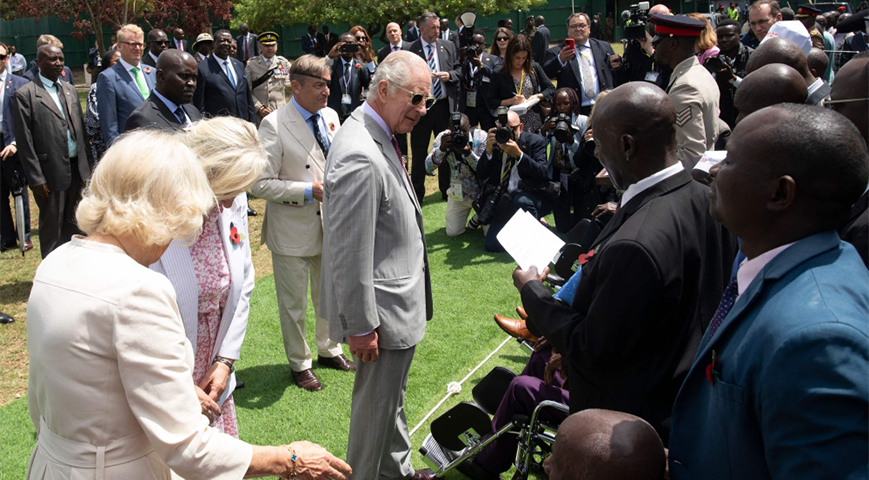After stating that there was "no excuse" for the mistreatment of Kenyans during the colonial era, King Charles III honored Kenyan soldiers who served for Britain in two world wars on Wednesday.
On the first day of a state visit to Kenya, he made remarks on Tuesday that let down those who were hoping for an official apology from Britain for its harsh suppression of the country's independence movement.
Although the 74-year-old monarch stated that "wrongdoings of the past are a cause of the greatest sorrow and the deepest regret," he did not offer an apology.
"There were abhorrent and unjustifiable acts of violence committed against Kenyans as they waged... a painful struggle for independence and sovereignty. And for that, there can be no excuse," he told a state banquet.

Did you read this?
"None of this can change the past, but by addressing our history with honesty and openness, we can demonstrate the strength of our friendship today, and in so doing, we can continue to build an ever-closer bond for the years ahead.
The Kenya Human Rights Commission (KHRC), which had earlier urged Charles to "issue an unconditional and unequivocal public apology" for colonial abuses, dismissed his remarks as "nothing to write home about."
"In no way did he acknowledge any of the grave concerns that we have raised," KHRC program adviser Martin Mavenjina told AFP.
"One would have expected an apology but the king has fallen short of apologising."

After ascending to the throne last year, Charles is traveling through an African and Commonwealth country for the first time with Queen Camilla.
The royal family honored Africans who fought for the British Empire in two world wars on Wednesday by visiting a war cemetery in Nairobi. They met with some Kenyan veterans who used wheelchairs after laying a wreath in front of their graves.
"I hope we can do something special for you," Charles told one veteran as he handed out medals to the former soldiers, part of a British initiative to belatedly recognize the contribution of non-European forces to the war effort.
According to Samweli Mburia, a veteran who claimed to be over 100 years old, he had a medal from colonial rule. Still, he had given it up because he "feared retribution" from independence fighters.
According to Mburia, who served in Egypt, Ethiopia, and Myanmar, "there were a lot of people who were not happy we... fought in the war."









